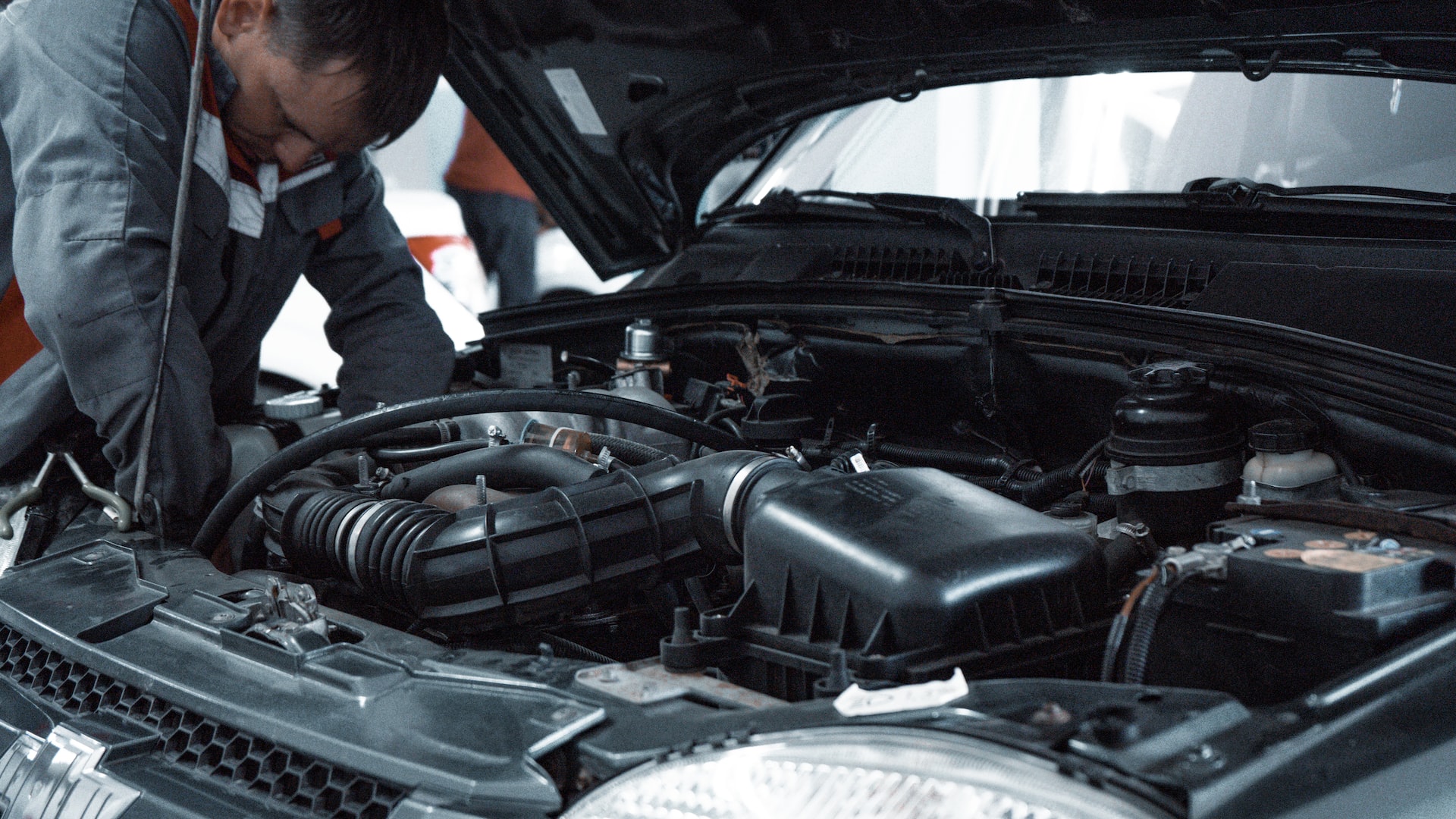The rapid advancement of technology today is continuing to have an impact on almost every aspect of our lives, including driving and getting around. Electric cars are only becoming increasingly more popular, with more and more drivers now preferring them over traditional combustion engine vehicles. Electric cars are more environmentally friendly and cheaper to run compared to cars that run on petrol or diesel, so it’s no surprise that they are a bit hit with lots of eco-conscious and budget-savvy drivers.
With a growing number of electric cars on the roads today, you might have been thinking about making the switch to electric for your next car. These days, more and more car manufacturers are focusing on electric after new rules banning the production of new petrol and diesel cars by 2030 have come into force, so there’s no shortage of options to choose from including a range of great cars from well-known brands.
Before you make the switch to electric for your next vehicle, here are some of the main factors you’ll need to consider.
Car Battery Life
Before you buy or lease an electric car, the battery life is one of the most important things to consider. While EVs have been coming on leaps and bounds in terms of their development, they are still not yet at a point where a full battery charge is going to get you as far as a full tank of petrol or diesel would in an internal combustion engine car. The number of miles you can drive on a full charge before you are going to need to ‘refuel’ in an EV is known as the range.
In general, most electric cars today have a range of between 150 and 300 miles on a full charge. So, this is one of the most important things to consider as you will need to make sure that the car you choose can keep up with the amount of driving that you plan to do in it. Here’s the ultimate electric car guide, with plenty of useful information about battery life.
Where to Charge
Another main factor to think about before getting an electric car is the charging. For the most part, EV drivers today need to charge their car around once per week, although this might vary depending on how much driving you do, and how you prefer to charge – experts do recommend a little and often approach. There are two main options to consider when it comes to charging your car’s battery. These are:
- Home Charging: Having a charging point installed at your home address is the most convenient option when it comes to charging your electric vehicle. You can have this installed outdoors on in a garage, depending on where your car is going to be parked. This allows you to get a full charge overnight so that your car is ready in the morning. You don’t need to go anywhere. However, your electric bills can be expected to rise – although for probably not as much as you’d expect to spend on filling an internal combustion engine car with fuel. The cost of having an electric charger installed at your home if you do not already have one can be quite high, but there are some grants available to help you out.
- Public Chargers: Another option if you are unable to or do not want to have an electric car charging port at your home is the public charging network. This is ideal if you live in a flat or do not have off-road parking where you can charge your car, for example. The public charging network is growing and many chargers are available in places like supermarket car parks, allowing you to plug your car in to charge while you’re doing your weekly shop to save time and enjoy a more convenient experience. You will usually pay a small fee per use for a public charger.
EV Maintenance
Before you make the switch to electric for your next car, it’s also worth giving some thought to maintaining your new vehicle. There are a few steps involved in keeping your electric car well-maintened and in good condition. However, the good news is that since EVs have fewer moving parts in comparison with traditional combustion engine vehicles, you do not have to do as much. For example, you don’t need to change the oil or filters as they don’t exist on an electric car.
That being said, there are some maintenance steps that will be new to you when you drive an EV. Tyres, for example, are even more important as they are often subject to more wear and tear due to the lower centre of gravity of an electric vehicle. You will need to ensure that the brakes, motor, and climate control system are kept up to date and well-maintained. Along with this, electric cars will get regular software updates. Depending on the car, these might be possible to get over the air, or you may need to take the car to the dealership.
Like traditional combustion engine cars, your EV will need a yearly MOT once it’s over three years old, which should be conducted by a trained and qualified EV mechanic.
Driving Differences
There are also some driving differences that you will need to be ready to get used to once you make the switch from a traditional combustion engine car to an EV. Regenerative braking, for example, is often one of the biggest challenges for new EV drivers who are not used to it. This type of braking basically works by slowing your car down when you remove your foot from the accelerator pedal, rather than having to press the brake. Getting used to this is definitely worth your while when you drive an electric car, as it’s designed to preserve electricity in the battery and keep your range as high as possible, allowing you to go for longer before you need to recharge the car. You will be glad to hear that most electric cars are comfortable to drive, and generally safer in comparison with combustion engine cars too.
Style and Size
Just like buying any other car, the size and style are two main things you are likely to consider before you buy an EV. Electric cars today come in a range of sizes from large SUVs to smaller smart cars, so there are plenty of options to consider when it comes to choosing something that suits you and your lifestyle. Electric cars are available from a range of brands and manufacturers are adding new models to the ranges that they have on offer all the time. You can now get EVs from well-known, long-standing car brands like Volkswagen, Renault, and Fiat along with electric-only brands such as Tesla.
Electric or Hybrid?
Last but not least, consider if a fully electric or a hybrid car is better for your needs. With fully electric, there is no need to use petrol or diesel at all. On the other hand, hybrid cars have both a petrol tank and a battery. You can drive for longer as the car will use one or the other as a backup when one runs out. Hybrid might be an ideal choice for you if you drive a lot of long distances.
With more electric cars on the road, there’s plenty to think about if you are getting ready to make the switch to an EV too.















